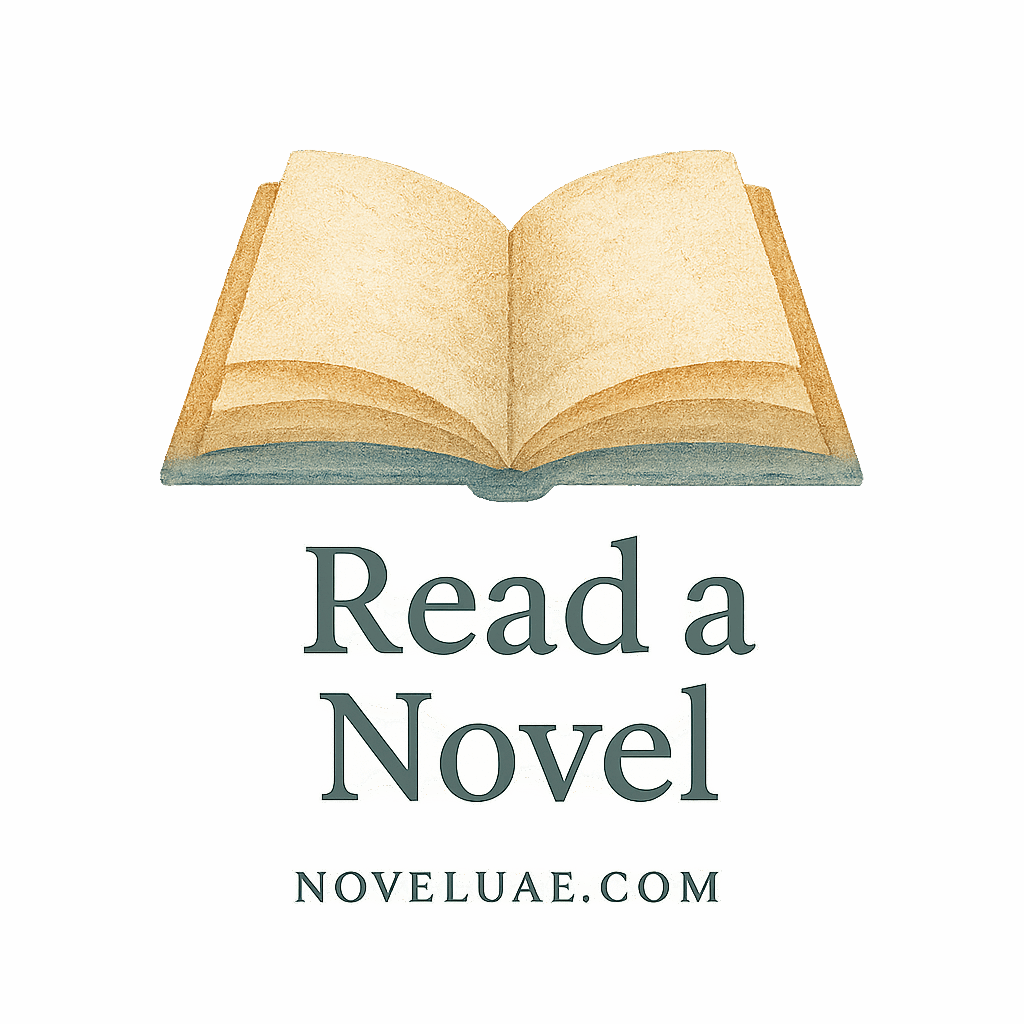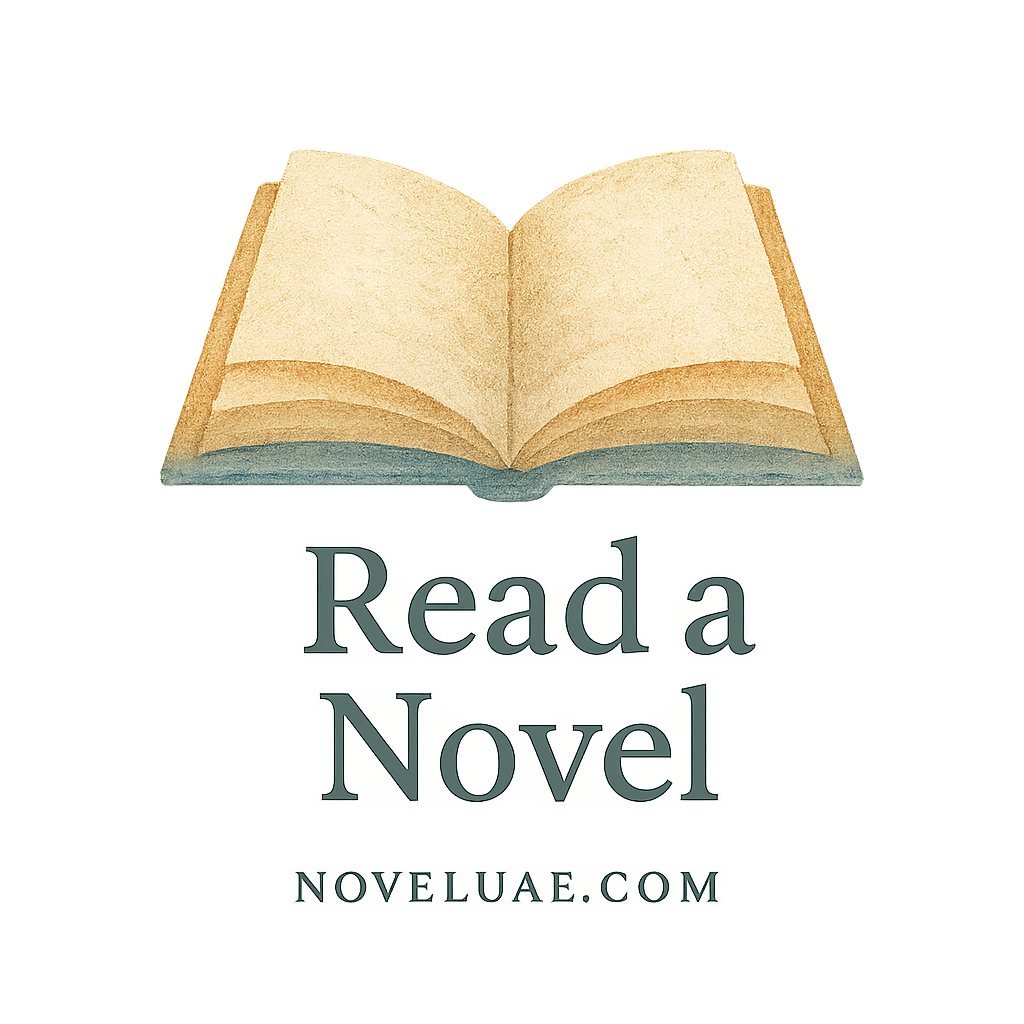Introduction
Let’s face it—most of us have claimed we’ve read at least one “classic” novel that we actually haven’t. Whether it was to impress a date, pass an English class, or win a literary argument, we’ve all been there. But here’s the twist: these novels aren’t just literary name-drops; they hold depth, insight, and mind-expanding value. This guide dives into the 5 novels everyone pretends to have read, explains why they do, and most importantly—why you should actually read them too.
Ready to finally check these off your list for real?
Why People Pretend to Read Famous Novels
The Social Pressure of Classic Literature
Ever felt that awkward moment when a group is gushing over a “brilliant metaphor” in Ulysses and you nod along… clueless? You’re not alone. Classics carry an aura of intellect, and pretending to have read them often feels like a survival tactic in literary conversations.
Fear of Literary Judgment
There’s a silent fear that not having read War and Peace means you’re somehow “less cultured.” This kind of judgment pushes many to fake familiarity rather than face embarrassment.
But here’s the truth: nobody is born with a list of classics downloaded into their brain. It’s perfectly okay to start now.
🎯 Pro Tip: For more help with navigating literary pressure and reading struggles, check out our in-depth Beginner’s Guide to Novels.
Novel #1: War and Peace by Leo Tolstoy
Why People Pretend They’ve Read It
At over 1,200 pages, it’s basically a book you could use as a doorstop. Most people claim to have read it just to seem well-read.
Why You Should Actually Read It
Despite its size, War and Peace is gripping, emotional, and deeply philosophical. It combines historical drama with intimate human experiences in a way few novels can.
Key Themes and Takeaways
- The futility of war
- The complexity of human emotion
- The battle between fate and free will
It also explores social transformation, echoing themes found in our Understanding Novel Elements guide.
Tips for Getting Through It
- Don’t rush! Treat it like a Netflix series—read in “episodes.”
- Use chapter summaries if you get lost in the Russian names.
For tailored novel reading strategies, check our expert-backed article!
Novel #2: Ulysses by James Joyce
Why People Pretend They’ve Read It
Let’s be honest: it’s often dubbed “unreadable.” Joyce’s experimental style intimidates even seasoned readers.
Why You Should Actually Read It
Because it’s a brain workout—and a rewarding one. It’s full of rich allusions, poetic language, and sharp observations about everyday life.
Understanding the Structure
Joyce mirrors Homer’s Odyssey in a single day in Dublin. Once you see the structure, the novel becomes much easier to navigate.
Making It More Approachable
- Read alongside a guide or annotated version
- Join an online reading group
- Break it into themes or chapters
Want more on structure and technique? Dive into our story structure resources.
Novel #3: Moby Dick by Herman Melville
Why People Pretend They’ve Read It
It’s dense. It’s full of whale anatomy. It’s not exactly “beach read” material.
Why You Should Actually Read It
Because it’s a deep dive (pun intended) into obsession, revenge, and man’s relationship with nature.
The Symbolism Behind the Whale
The white whale represents so much—fate, nature, the unknown. Each reader walks away with a different interpretation.
How to Stay Engaged
- Skip the whale science chapters if they bore you (seriously, it’s okay)
- Focus on Captain Ahab’s inner torment
You’ll find Moby Dick aligns well with genre-based novel insights and symbolic fiction exploration.

Novel #4: Pride and Prejudice by Jane Austen
Why People Pretend They’ve Read It
It’s seen as a “girly” book or just a romantic drama. Many dismiss it without giving it a shot.
Why You Should Actually Read It
Because it’s hilariously clever and socially sharp. Austen was throwing serious shade—19th-century style.
Austen’s Wit and Social Critique
From marriage dynamics to class snobbery, Austen’s observations still resonate today. She was the queen of subtle burns.
Approachable for Beginners
- It’s shorter than most classics
- The language is clear and the pacing is fast
If you’re new to classic romance, head over to our novel selection recommendations or browse more in the romance section.
Novel #5: 1984 by George Orwell
Why People Pretend They’ve Read It
It’s a political statement. Saying you’ve read 1984 is almost a social ritual at this point.
Why You Should Actually Read It
Because Orwell predicted things we’re dealing with right now. Surveillance, fake news, censorship—sound familiar?
Relevance to Modern Society
Big Brother is real. Orwell’s dystopia isn’t just fiction anymore—it’s a warning.
Orwellian Concepts Everyone Should Know
- Newspeak and the manipulation of truth
- Doublethink and psychological control
- Thoughtcrime and personal freedom
Want more high-concept themes? Browse our conflict and story tension tags for similar picks.
Final Thoughts: Why You Should Embrace These Classics
Reading these novels doesn’t just expand your vocabulary. It grows your empathy, deepens your understanding of the human experience, and sharpens your critical thinking. They’re called “timeless” for a reason.
Still feel intimidated? Don’t worry. Explore our tricks to speed up your reading and conquer any classic. Or discover themed reads through our reading list and recommendations.
Make it personal, make it fun—and take it one page at a time.
Conclusion
Pretending to read a book might give you temporary social points—but actually reading it gives you lasting knowledge and a richer inner world. The five novels on this list might seem daunting, but they’re more than just titles to flex at cocktail parties—they’re deep wells of meaning, discovery, and truth.
So go ahead. Pick one. Read it. You’ve got this.
Explore more guides at NovelUAE and turn your literary curiosity into a journey of discovery.
FAQs
1. Which of these novels is the easiest to start with?
Pride and Prejudice is often the most accessible, thanks to its humor and concise storytelling.
2. Are there modern adaptations of these books?
Absolutely. Films, TV shows, and even graphic novels exist for all five.
3. What if I still find them hard to read?
Try audiobooks, summaries, or reading companions. Our reading strategies for novels can help too.
4. Can I skip parts of these books?
Yes. Skipping dense or technical parts (like whaling chapters in Moby Dick) won’t ruin the experience.
5. Is reading these novels beneficial for mental health?
Yes! Classics often explore themes of anxiety, identity, and self-discovery that resonate deeply.
6. Where should a beginner start?
Check out our Beginner’s Guide to Novels for step-by-step help.
7. Are these books suitable for younger readers?
Teens can handle most of them with support. Orwell and Austen are especially engaging for younger minds.


